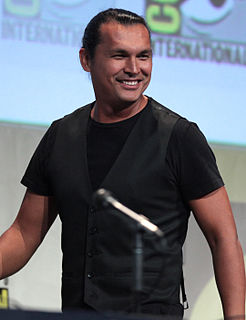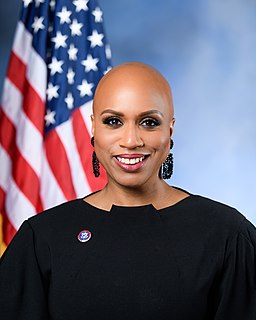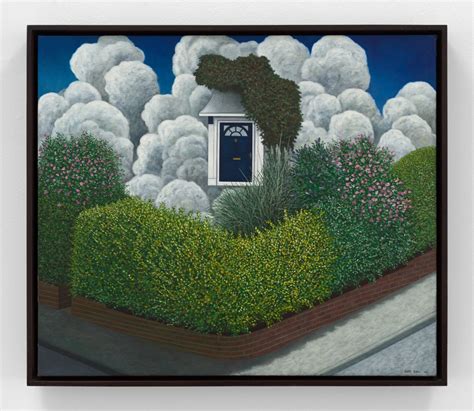A Quote by Jhumpa Lahiri
The reactions haven't differed; the concerns have been different. When I read for a predominantly Indian audience, there are more questions that are based on issues of identity and representation.
Related Quotes
Many agricultural counties are far more important in the life of the State than their population bears to the entire population of the State. It is for this reason that I have never been in favor of restricting their representation in our State Senate to a strictly population basis. It is the same reason that the founding fathers of our country gave balanced representation to the States of the Union, equal representation in one House and proportionate representation based upon population in the other.
I'm really excited that the fashion industry is evolving, doing a much better job at representation, with women of color, women of different shapes, sizes, and creeds. It's been a long time coming... There were issues of tokenism, issues of misrepresentation. I'm optimistic that I see the change, the conversation that these archetypes gotta go. We can be very political and have long weaves down to our asses.
My feeling, however, is that films that are open are more productive for the audience. The films that, if I'm in a cinema, and I'm watching a movie that answers all the questions that it raises, it's a film that bores me. In the same way, if I'm reading a book that doesn't leave me with questions, moving questions, that I feel confronted with, then for me it's a waste of time. I don't want to read a book that simply confirms what I already know.



































